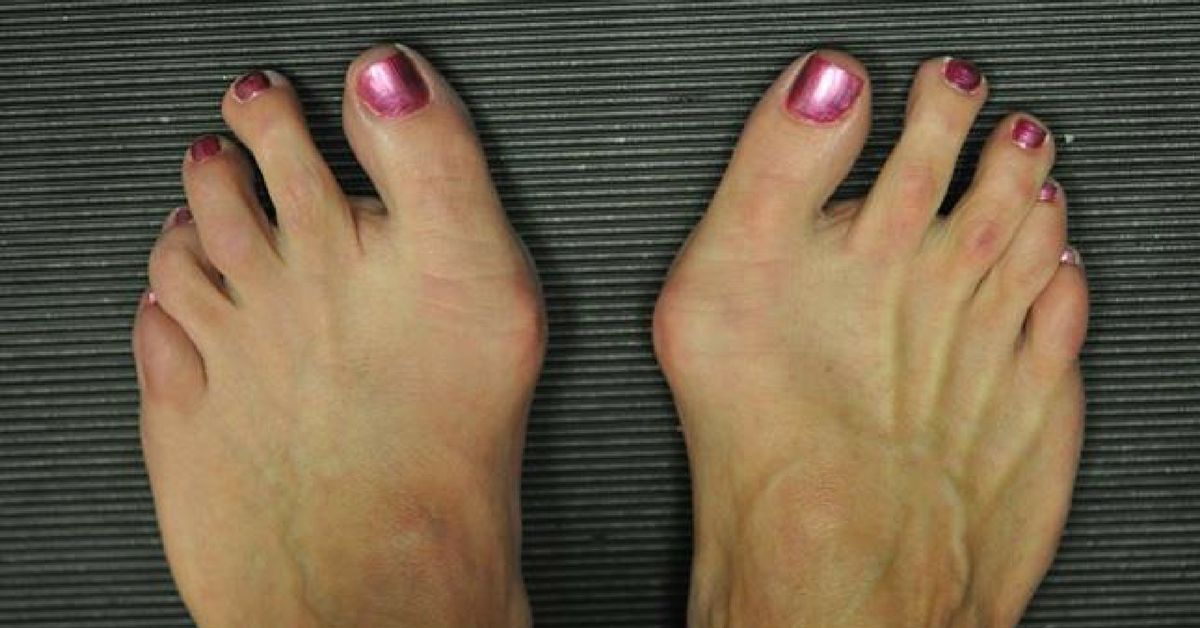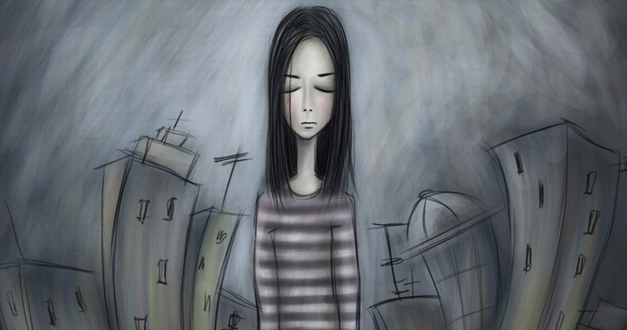Anyone who has bunions will tell you it's a pain like no other. Finding shoes that are comfortable becomes a struggle, and most days you just want to go out in slippers to avoid the pain altogether.
Diagnosing bunions is fairly simple, as they are obvious from the shape and the pain, but it's still a good idea to go and see a doctor to get x-rays taken to confirm. Your doctor may also run blood tests to see if the problem is being caused by arthritis or an infection. They can also recommend certain treatments to help ease the pain.
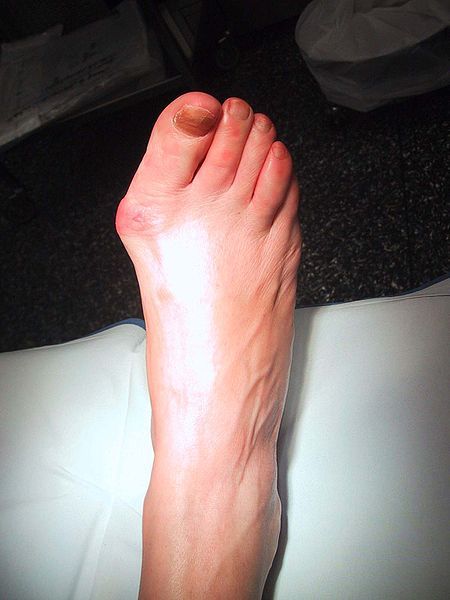
There are some risk factors to take into account when talking about bunions:
- Wearing high-heeled shoes causes crowding in your toes, which can cause bunions
- Wearing shoes that are too tight can make you more susceptible to bunions
- Arthritis can make your more susceptible to bunions
- Genetics can play a big part in inheriting bunions
Even though bunions may be unavoidable for some, there are ways to treat them without resorting to surgery.
Dr. Dina Stock, a podiatrist, says there are seven ways to treat your bunions at home.
1. Maintain A Normal Weight
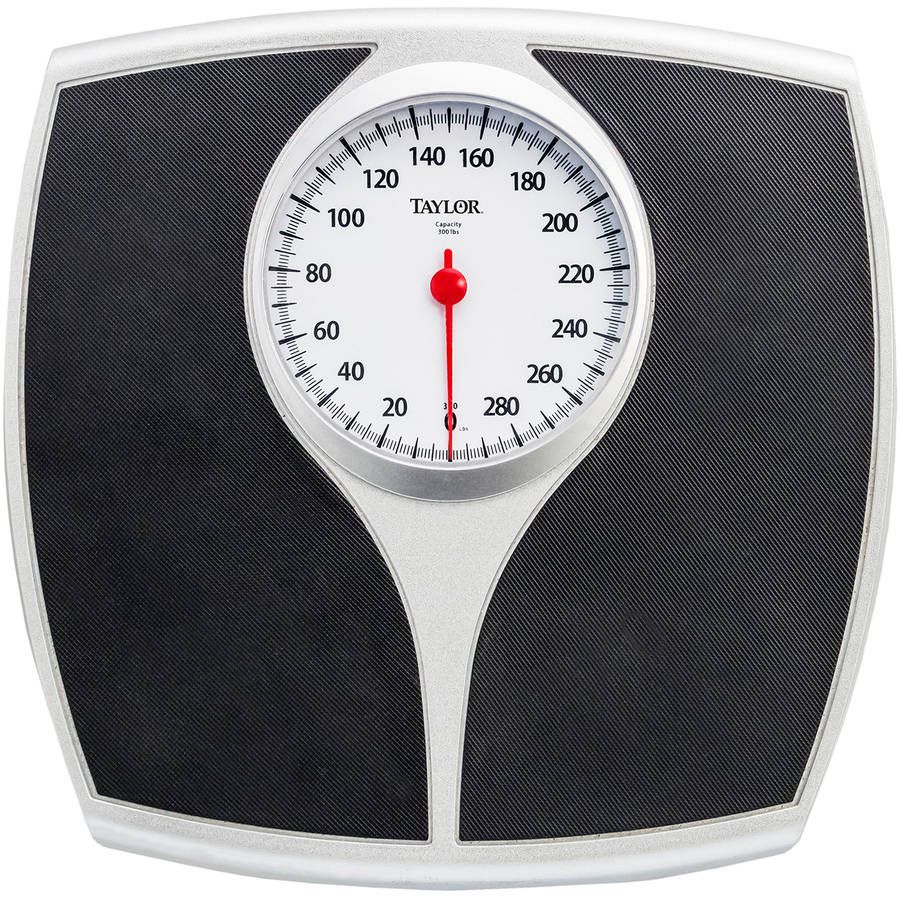
Keeping a healthy weight means less pressure on your feet. The more you weigh, the more unexpected pressure on your feet which can aggravate your arthritis.
2. Use Bunion Pads
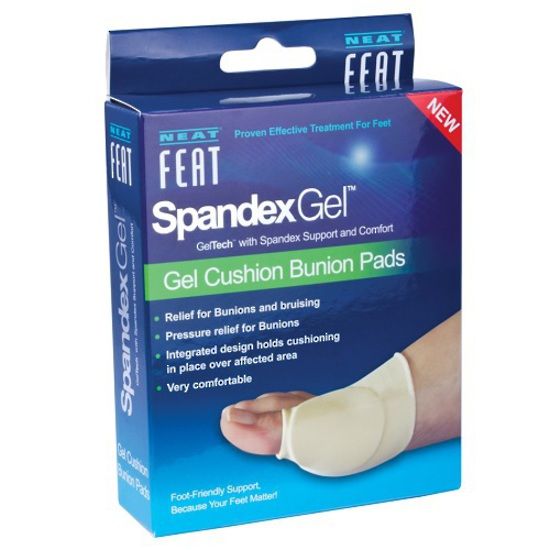
You can buy moleskin or gel-filled bunion pads to go inside your shoes, which protects the affected area from direct contact with the shoes. It provides a soft cushion that will prevent any rubbing or discomfort on your bunion.
3. Invest In Orthotics
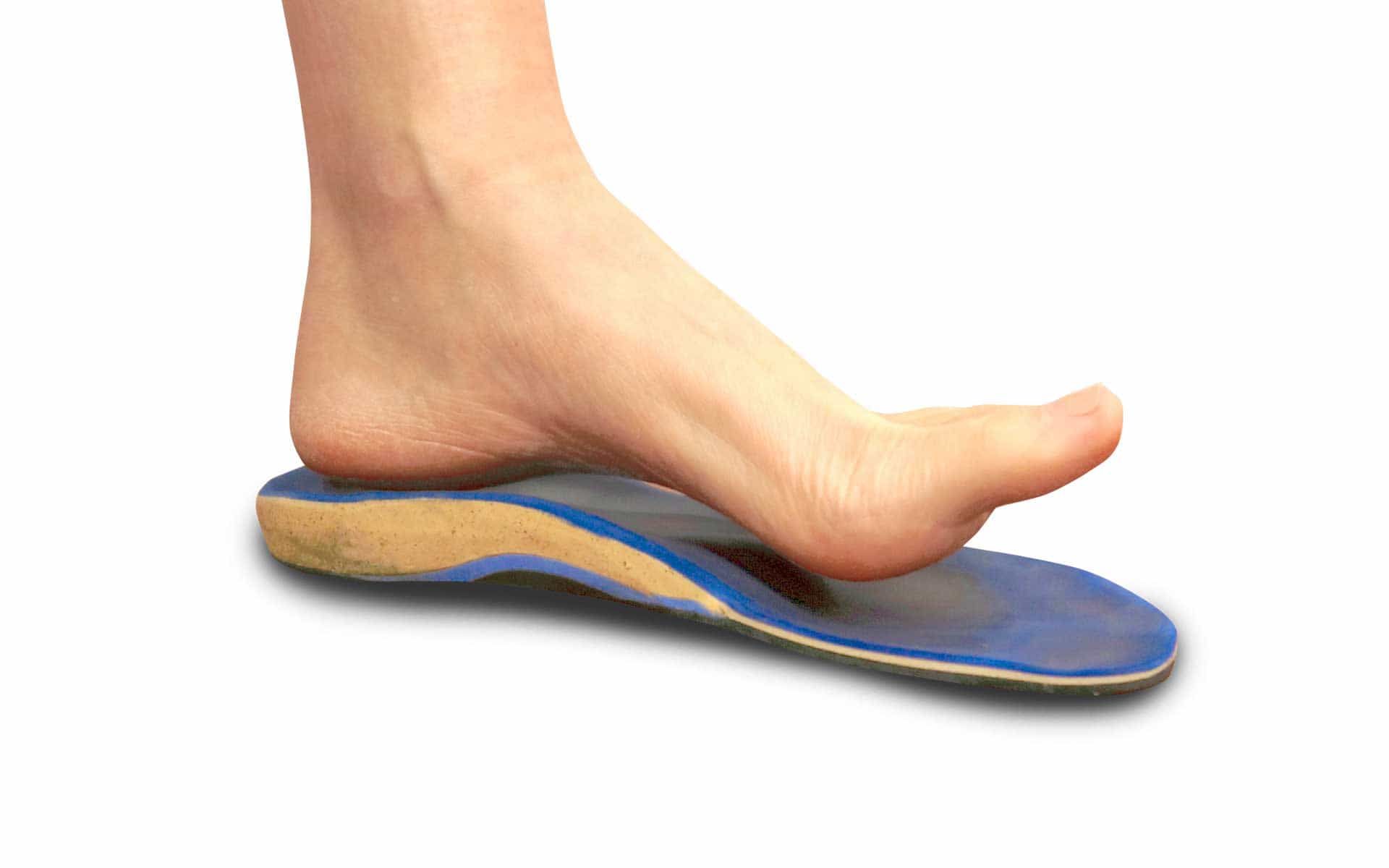
Using over-the-counter show inserts or custom-made orthotics can help position your foot in the right place of your shoe. This ensures your bunion is not being given extra pressure or further disfiguration.
4. Wear A Splint
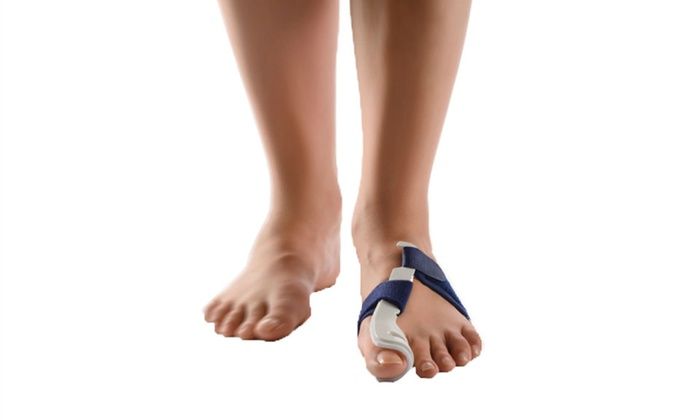
Contact your doctor and ask about a splint, which will hold your toe straight and ease any discomfort your bunion is causing. These splints are only worn at night, and can help provide a painless sleep.
5. Take Anti-Inflammatories
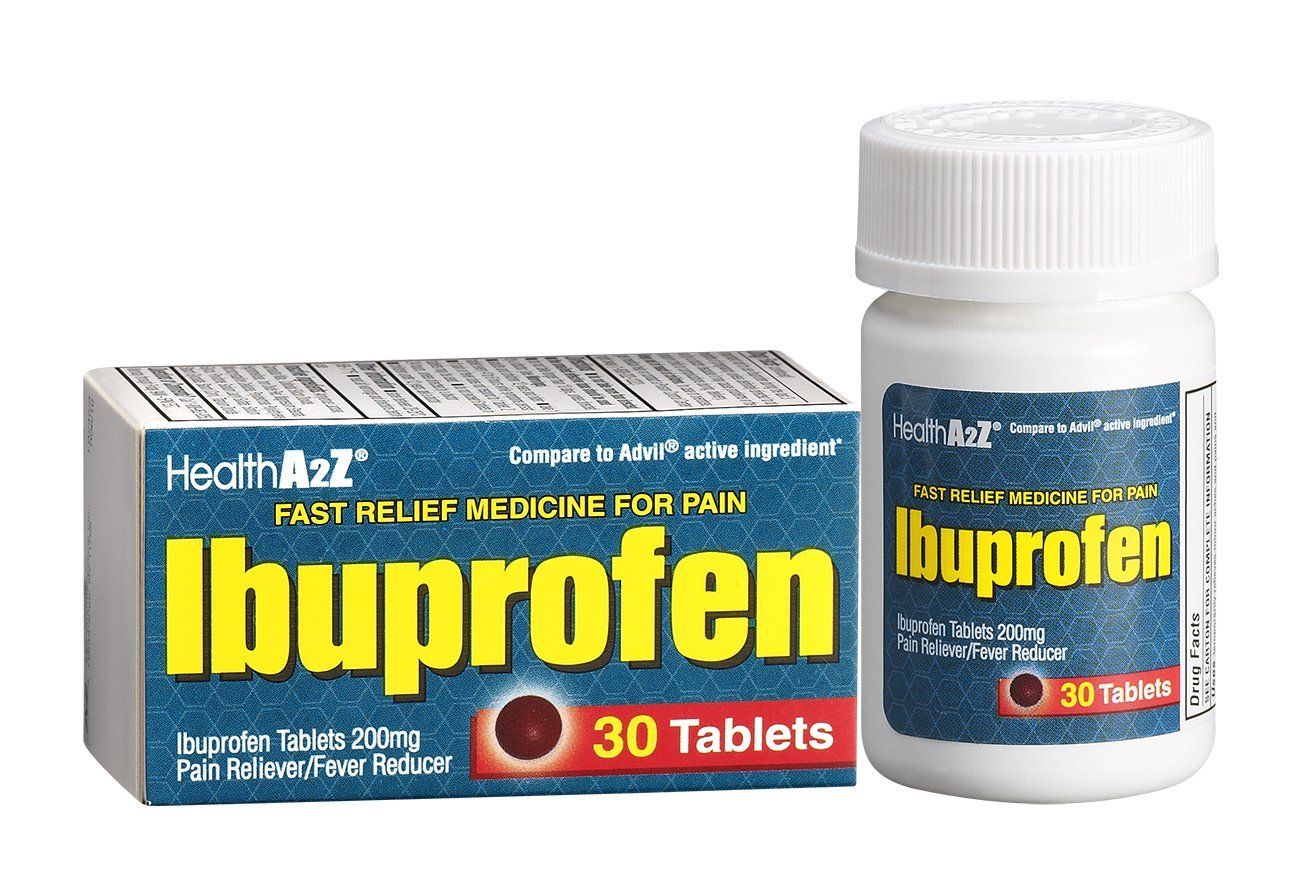
Taking anti-inflammatory medication, such as ibuprofen, can help reduce the swelling and irritation on your bunion. This should not be a long-term fix, as taking this type of medication can have effects on your body over a long period of time.
6. Pamper It
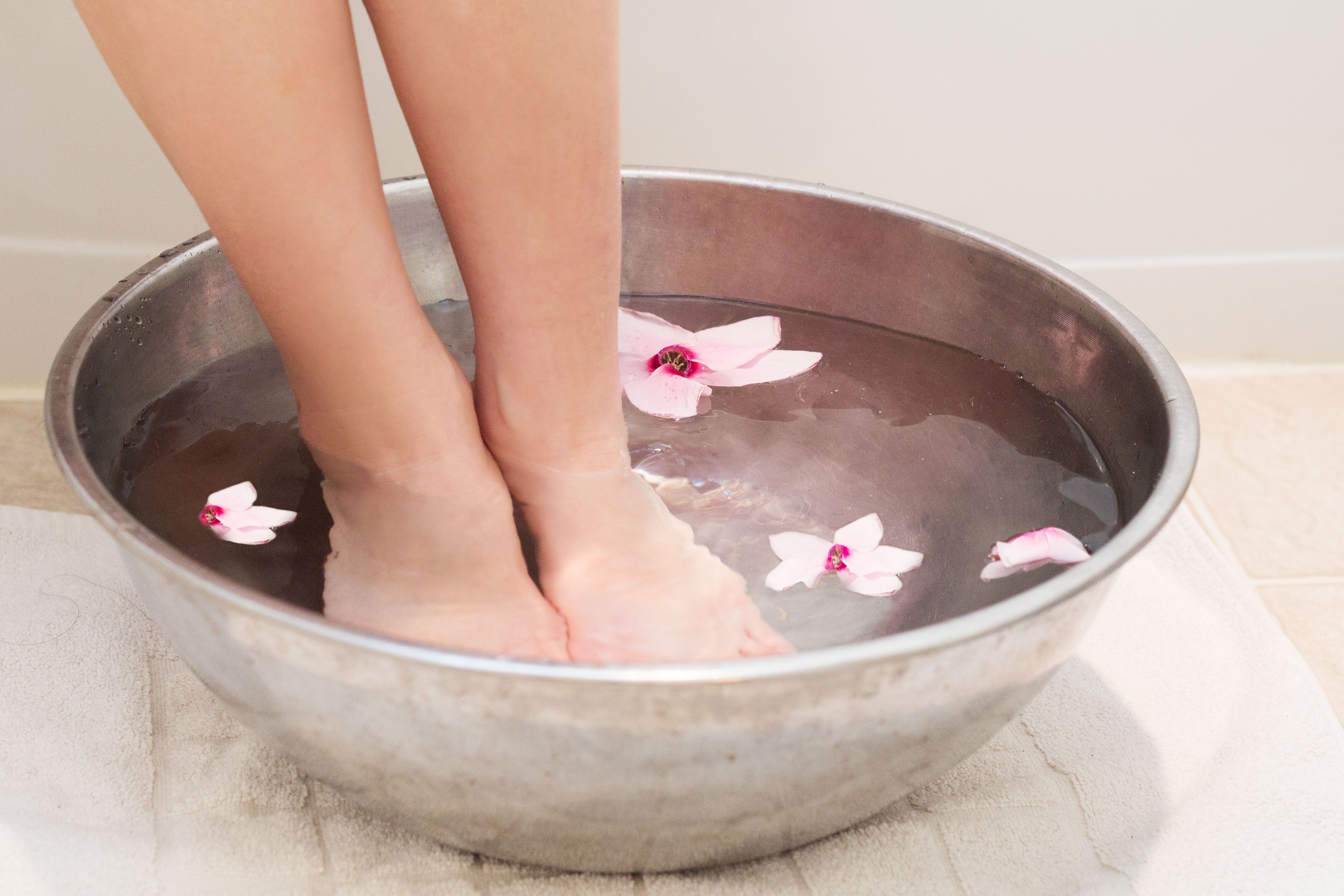
This sounds weird, but using ice packs, warm soaks, and massage techniques can help relieve the pain you're experiencing from bunions. Plus, a warm soak always feels nice!
7. Buy The Proper Shoes
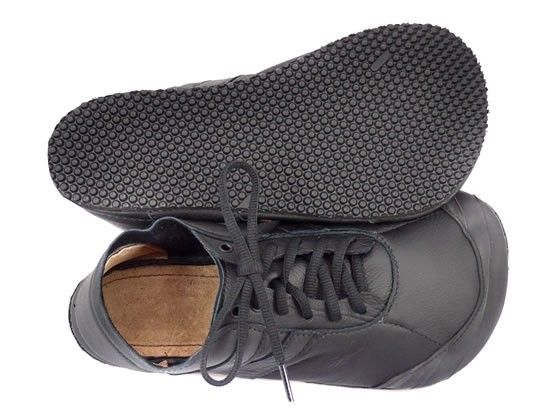
Another simple fix is buying shoes that don't compress your bunion. While those high-heels may be cute, they are not doing your foot any favors.
"For many people, it may simply be a matter of wearing properly fitting shoes," Dr. Stock says. "Be sure to choose low-heeled, comfortable shoes that provide plenty of space for your toes and the widest part of your foot."
